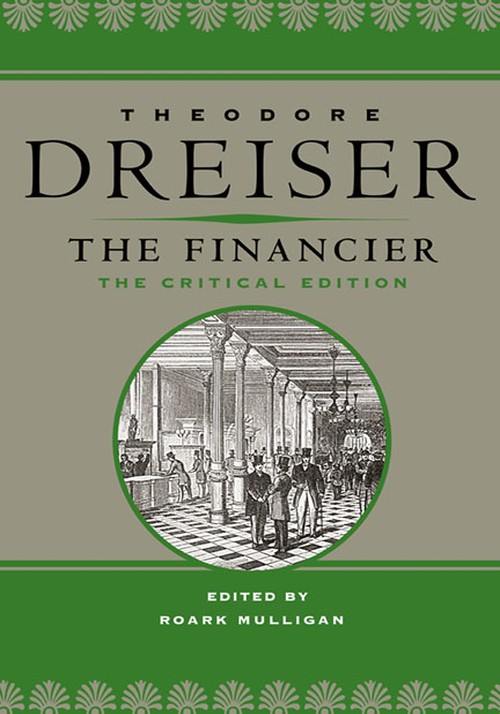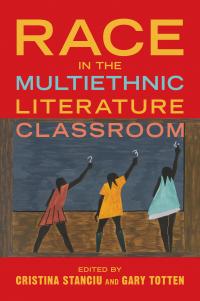
The Financier
About the Book
First published in 1912, Theodore Dreiser's The Financier captures the ruthlessness and sparkle of the Gilded Age alongside the charismatic amorality of the power brokers and bankers of the mid-nineteenth century. This volume is the first modern edition of The Financier to draw on the uncorrected page proofs of the original 1912 version, which established Dreiser as a master of the American business novel. Dreiser laboriously researched the business practices and personal exploits of real-life robber baron Charles Yerkes to narrate Frank Algernon Cowperwood's early career in The Financier. In 1927, the monumental novel reappeared in a radically revised version, which was reprinted by publishers and studied by scholars for decades.For this new edition, Roark Mulligan meticulously reviewed earlier versions of the novel and its publication history and restored the text to match Dreiser's original vision for the work. More than three hundred additional pages not available to modern readers are included. Mulligan's historical commentary reveals new insights into Dreiser's creative practices and how his business knowledge shaped The Financier.
About the Author
Theodore Dreiser (1871-1945) was a major American novelist of powerful and unstinting realism. His career peaked with a sequence of masterpieces, including Sister Carrie, Jennie Gerhardt, The Financier, and An American Tragedy. Roark Mulligan is an associate professor of English at Christopher Newport University. His research on Theodore Dreiser has been published in American Literary Realism, English Language Notes, Dreiser Studies, and Studies in American Naturalism.Reviews
"The Financier, in this comprehensive new form, reminds one of the important cultural work literature does to enable readers to peer out at a new century through a haze of economic uncertainty."--Studies in American NaturalismBlurbs
"Roark Mulligan has edited this monumental novel with sensitivity and care. This edition will become the standard edition that readers and scholars will want to consult."--Clare Virginia Eby, editor of the Dreiser Edition of The Genius and coeditor of The Cambridge Companion to Theodore Dreiser
"A richer, considerably more complex version of The Financier by Theodore Dreiser, whose critique of American business practices led reviewers to laud him as the equal of the great European realists. Roark Mulligan's commentary offers a cogent, thorough, and eminently readable exploration of late-nineteenth-century American business practices."--Keith Newlin, editor of A Theodore Dreiser Encyclopedia


